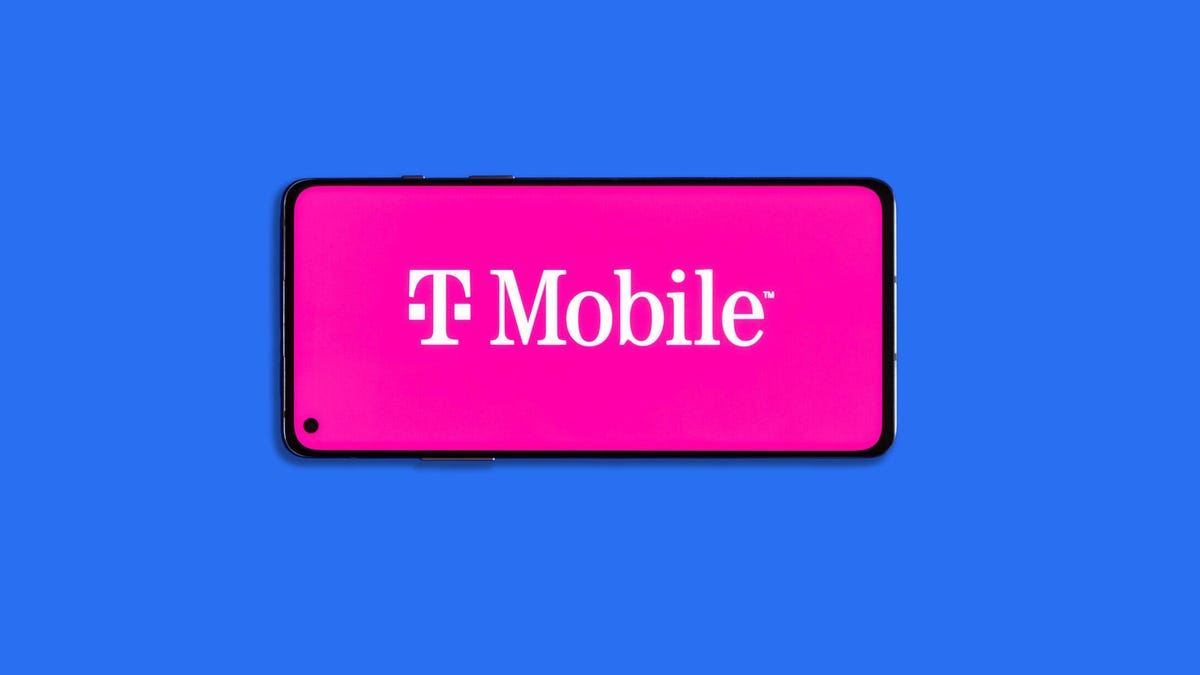T-Mobile has tweaked its terms of service for its home broadband users to add a new clause: If you are a heavy internet user that passes 1.2TB of data in a monthly billing cycle, you may have your speeds slowed in “times of congestion” or when there is a lot of pressure on the network.
As spotted by The Mobile Report, the change went into effect on Jan. 18. In its updated terms, the carrier says that these users “will be prioritized last on the network” in congestion situations, which could mean painfully slow speeds for however long the congestion persists. T-Mobile does note that since its Home Internet service is available only in “limited areas” and intended to be used in a “stationary” setting, as opposed to a phone that could be in a busy place like a packed stadium, “these customers should be less likely to notice congestion in general.”
So what exactly is going on? Here is what you need to know.
Read more: T-Mobile raises home internet price back to $60 per month for new users
Is T-Mobile adding a data cap?
While it may seem similar to a data cap that other broadband providers have used — where your data fully stops after you’ve reached a maximum amount unless you pay more — this isn’t that. Instead, it’s a potential limitation that T-Mobile is adding so that in areas where its network is being taxed by too much demand, heavy home internet users could see their data slowed down while things are busy (or as wireless carriers like to describe it, “congested”).
Presumably, once that busy period subsides and the network has its normal room available, your home internet speeds and experience should return to normal. Still, for heavy home internet users, it’s not hard to imagine that this change could lead to some problems.
Will T-Mobile be throttling speeds for heavy data users?
The carrier tells CNET that it isn’t throttling speeds for users who pass 1.2TB of data in a month, except in these “congestion” situations. “Heavy data users may not notice a change, unless they’re in a congested area,” the company says, noting that today that a “single digit percentage” of its home internet customers would be classified as heavy home internet users. The carrier says it will notify users when they pass this 1.2TB threshold.
As for what speeds will be like for these users when they find themselves in this situation, we don’t really know, and T-Mobile isn’t providing specific guidance beyond saying that they will be deprioritized relative to other T-Mobile users.
It should be noted that this applies only to consumer home internet accounts, not those who have the business version of the service.
Read more: Our T-Mobile Home Internet review
Can I buy more high-speed data?
The carrier isn’t letting users buy more high-speed data and reiterates that those who pass 1.2TB in a month can still get fast speeds once the congestion is alleviated, just that in these specific instances they would be slower than other users while the network in their area is busier than normal.
Why is T-Mobile doing this?
In a statement, the carrier explained the decision as a way to protect the network for all of its users.
“Our mainstream broadband Home Internet product services millions of customers who use hundreds of gigabytes of data,” a carrier spokesperson told CNET. “To ensure all of our customers get a great network experience into the future, our terms of service have been updated to say that those who need more than 1.2TB (per) month, a single digit percent of users, would be prioritized after other Home Internet customers only during times of congestion.”
What is network prioritization?
As the name implies, network prioritization is a way carriers determine who gets priority when accessing their network. For most day-to-day tasks, when there is plenty of capacity and room on the network for everyone, this doesn’t really matter. But in busy times of “congestion,” like at a packed football stadium or during an event where there are a lot of people taxing the network, those with a higher priority may find themselves with better service than those lower down.
Top priority is given to T-Mobile’s wireless users who are within their monthly high-speed data limits on its normal plans (as well as those on pricier options like Go5G Next, Go5G Plus and Magenta Max which don’t have limits for how much high-speed data they can use), followed by lower tier plans like Essentials, Metro by T-Mobile and Assurance Wireless and then connected devices like hotspots and tablets.
At the bottom of this list, alongside “heavy data” wireless users who exceeded their monthly data limits, are home internet users. So in these instances of congestion, these heavy home internet users would be dropped even further and beyond regular home internet users.
